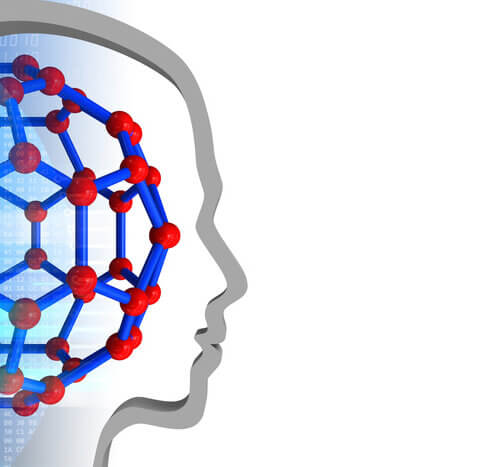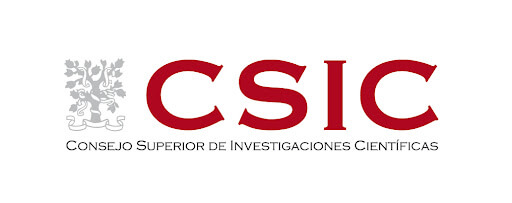DemiRNApy (Role of miRNAs in the anterior cingulate cortex, as peripheral biomarkers, and their targeted modulation by nano-tools as a antidepressant therapy)
Role of microRNAs in the brain , as peripheral biomarkers and as nano-tools as novel antidepressant therapy
Otras entidades

Proyecto consorcio estatal
01/03/2023 a 28/02/2026
108.687€
ACTIVO

Major depressive disorder (MDD) is a major public health problem, devastating in allareas of a person’s life and, without optimal antidepressant treatments. At present, the molecular mechanisms and brain circuits underlying MDD are still poorly understood. Anterior cingulate cortex (ACC) is a crucial brain region linked to MDD, and miRNAs are emerging as pivotal modulators of pathological states. However, there are relatively few high-throughput miRNA studies focusing on ACC.
In this project, we aim to gain insight into the landscape of miRNAs altered in the ACC, their potential as peripheral biomarkers, and their modulation by an innovative nano-therapeutic approach.
We will analyze the miRNA profile in ACC/IL of cross-species (human/mouse) with depression phenotype by RNA-sequence and validate miRNA-mRNA targets. We will identify miRNA changes related to symptoms severity and trauma exposure, and test early predictive value of miRNA for treatment response.
Expected results: Elucidating the role of miRNA-based epigenetic processes in MDD will improve our understanding of the MDD pathophysiology providing a breakthrough in the discovery of peripheral biomarkers able to guide clinical decision-making, as well as in the identification of new molecular targets and potential miRNA-based nano-therapies.




